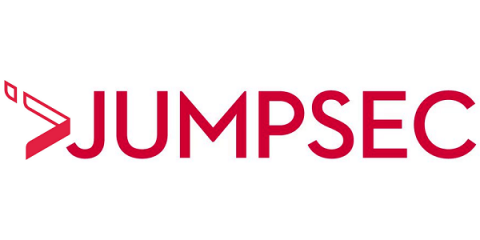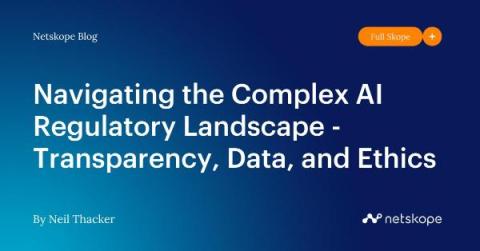How to prepare for DORA
A number of JUMPSEC clients have expressed a degree of confusion about their preparedness for the new Digital Organisational Resilience Act (DORA). Enacted in December 2022, DORA has mandated regulations for financial sector organisations and their critical third-parties.











